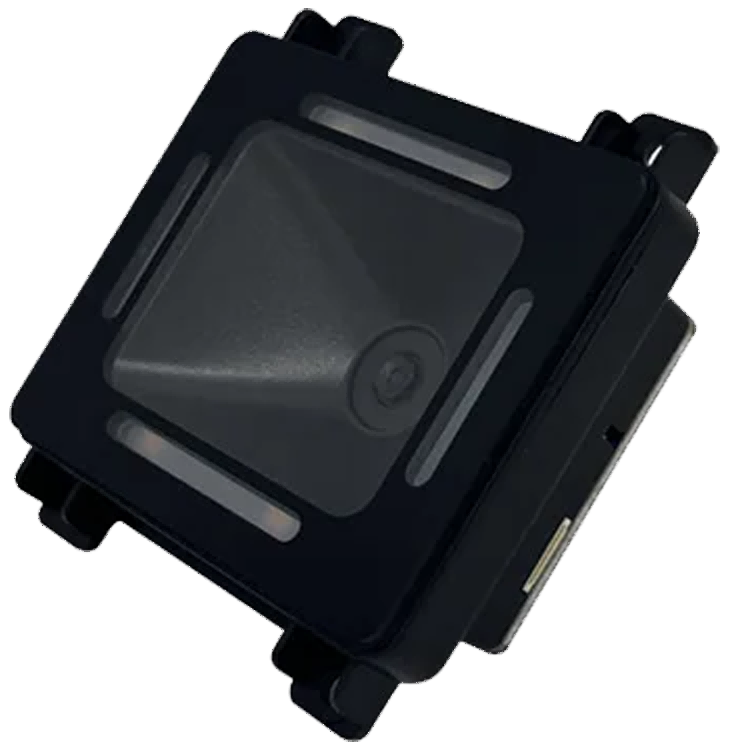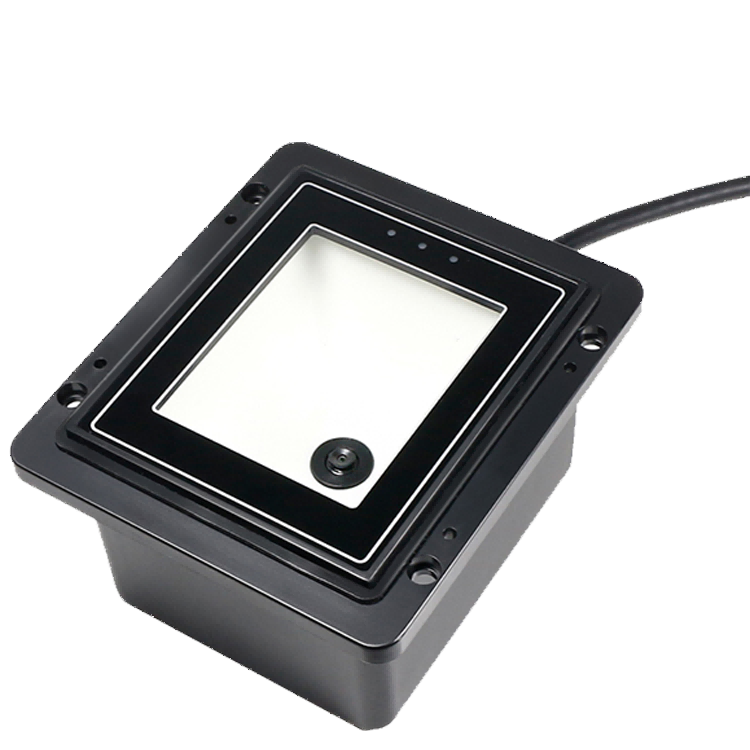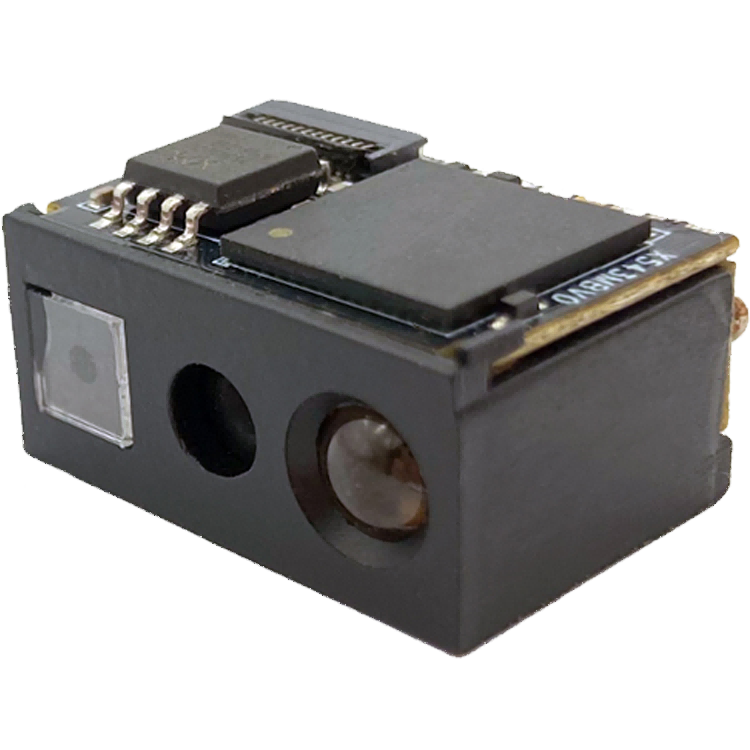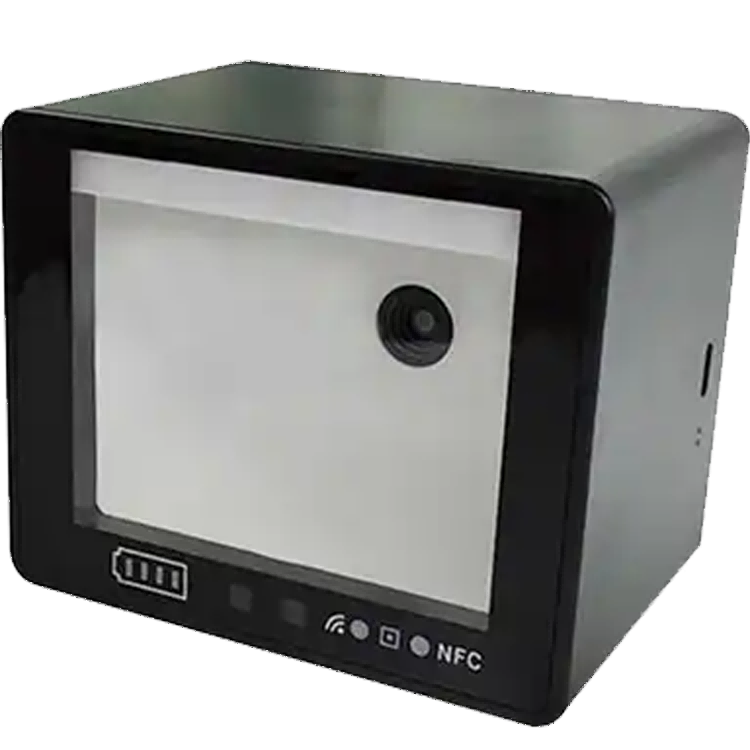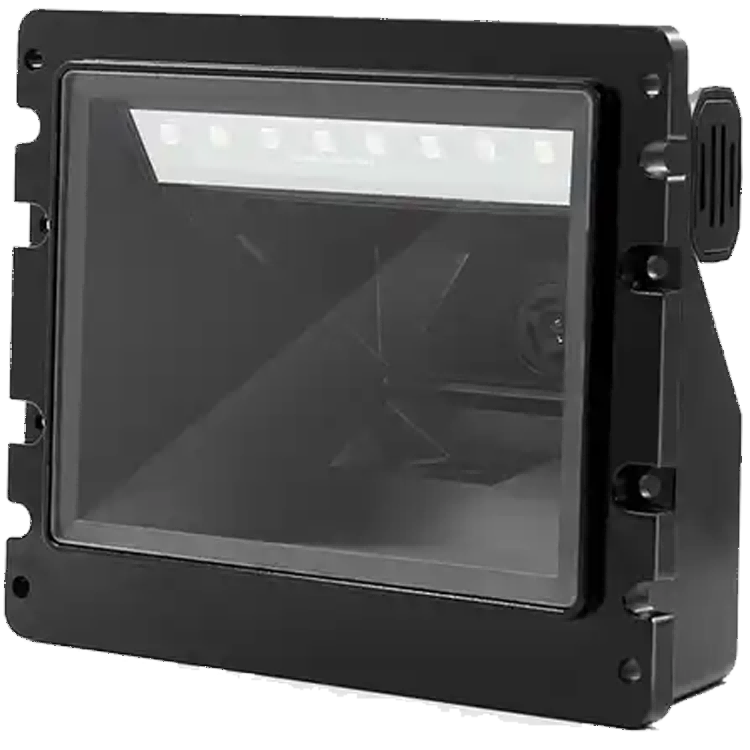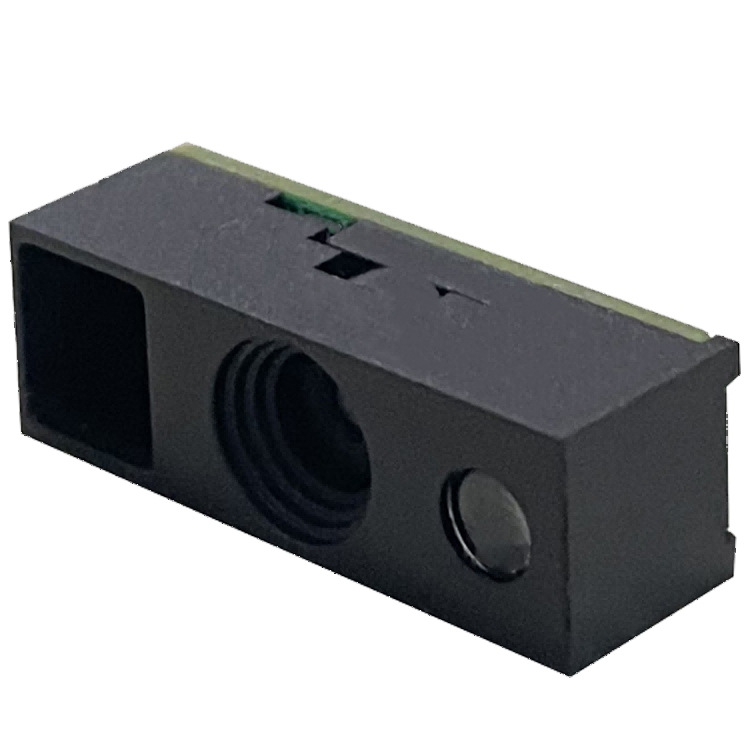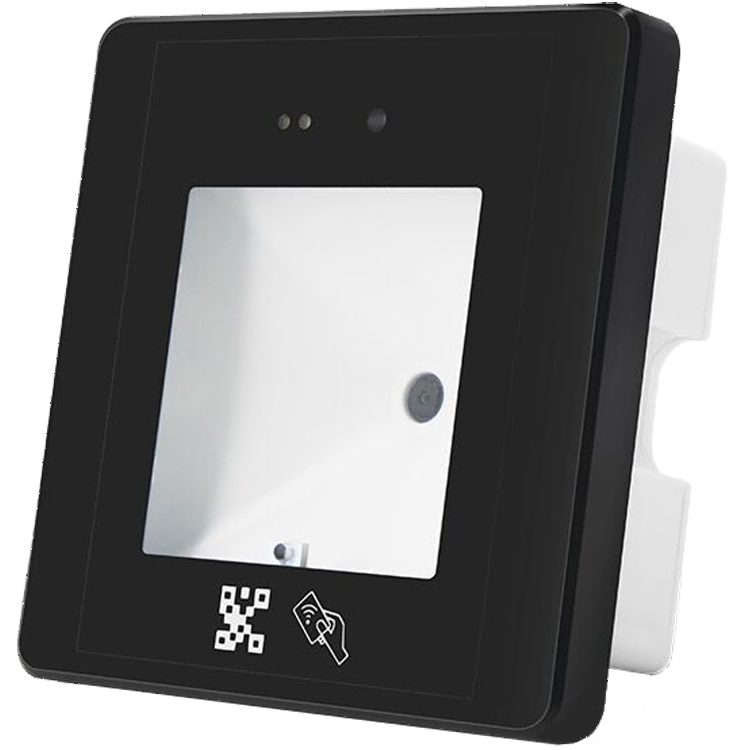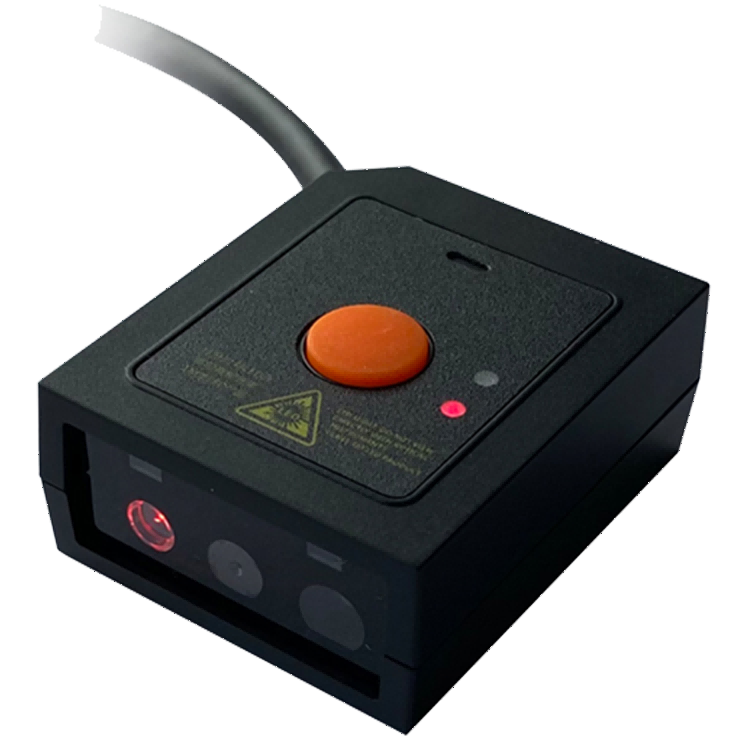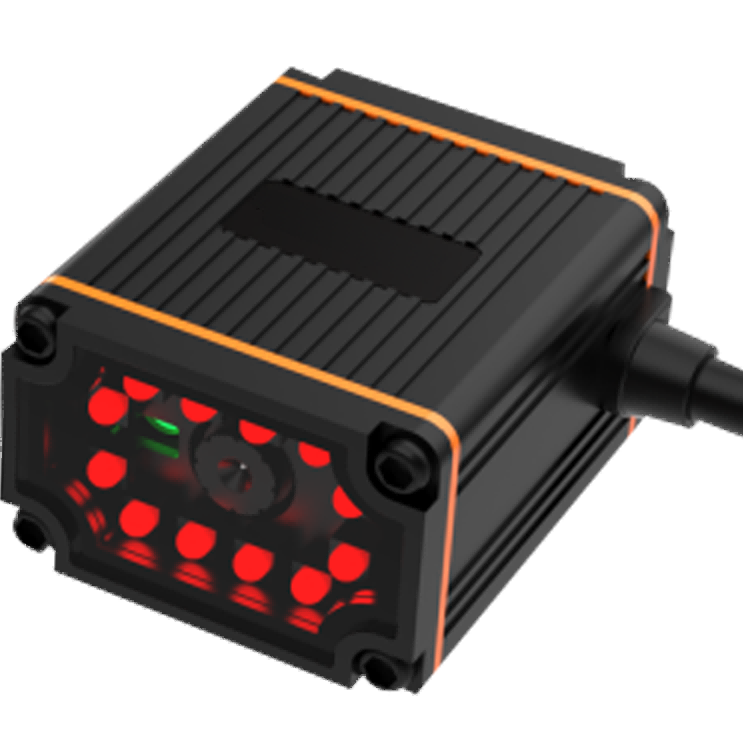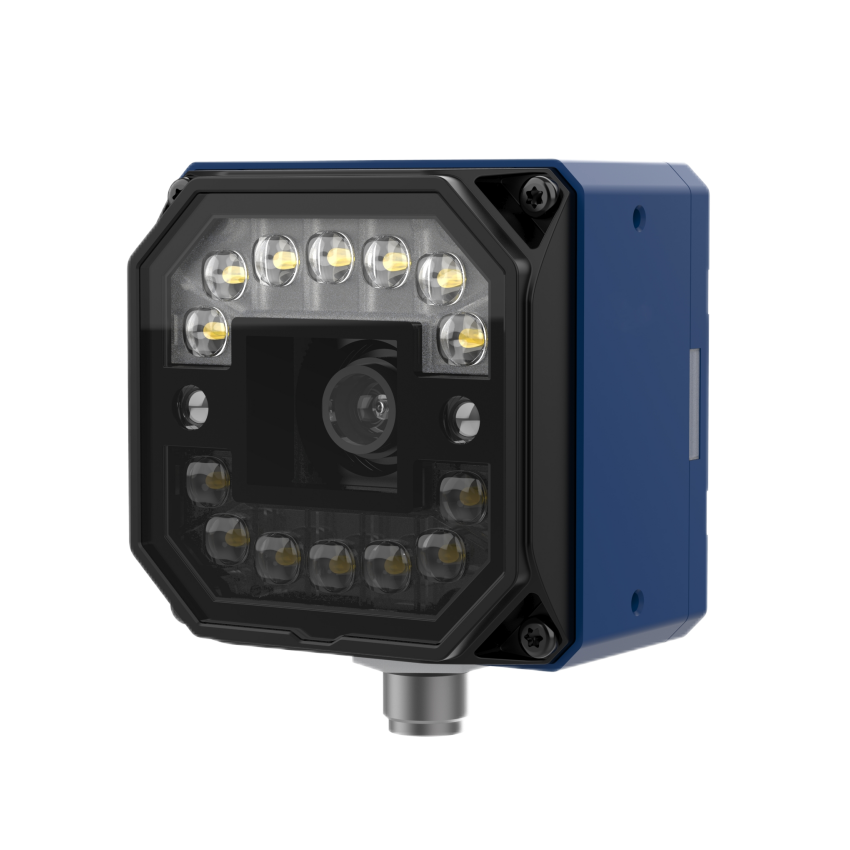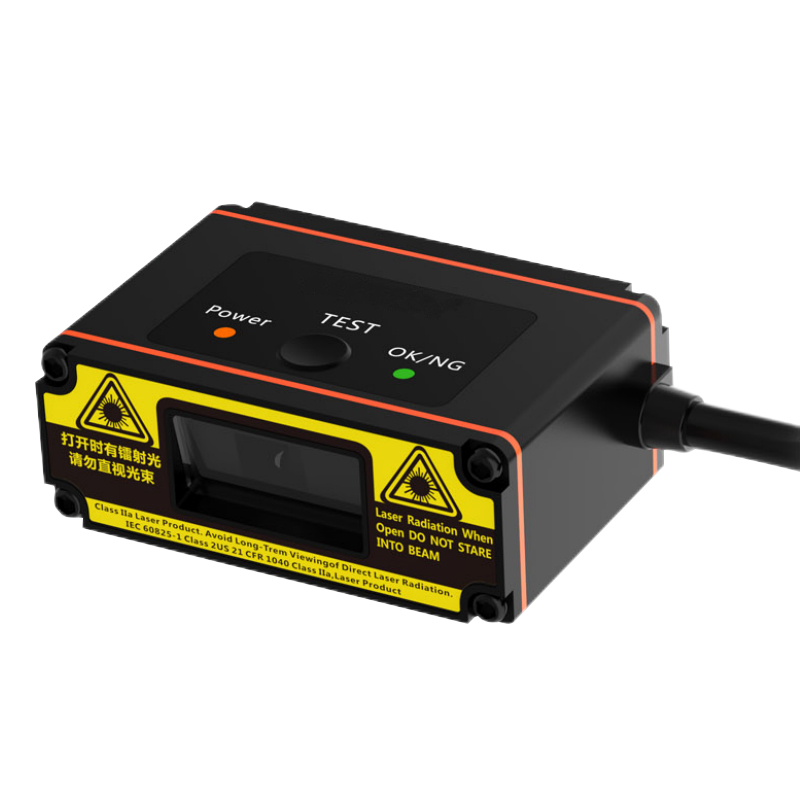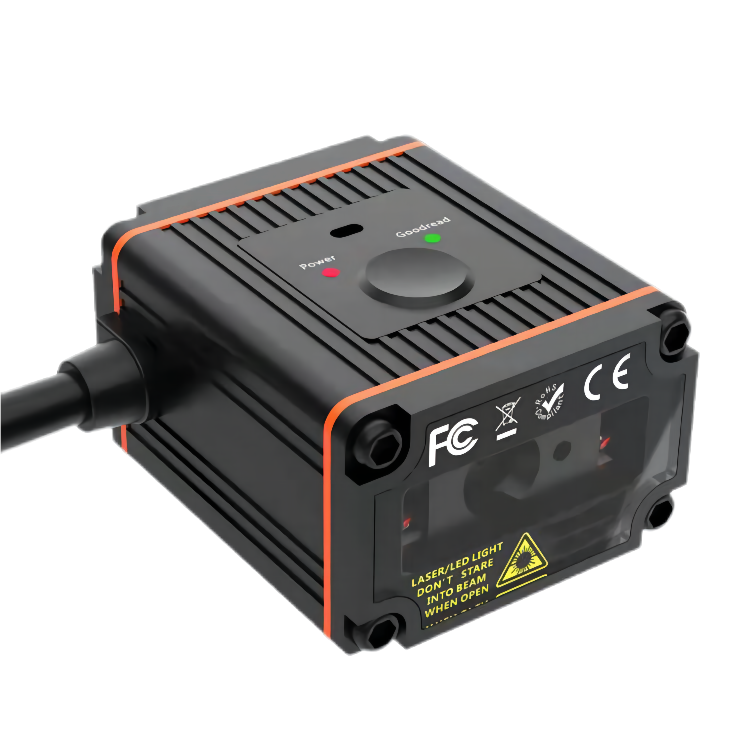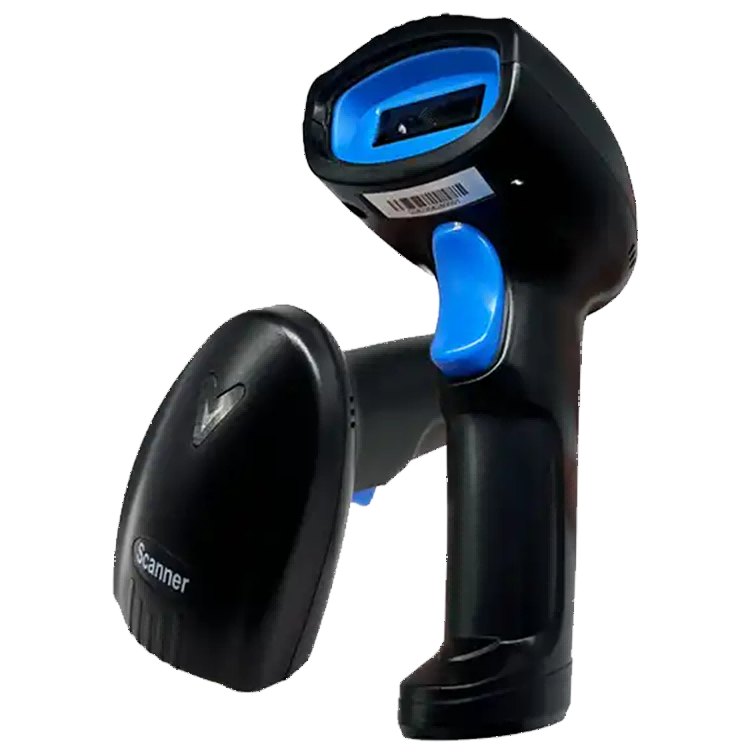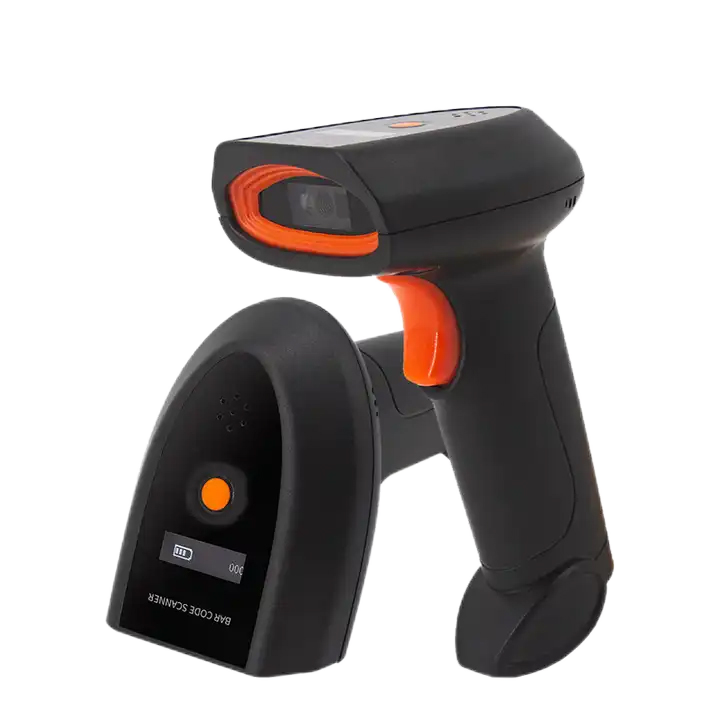Unmanned Self-Service Supermarket Solution
Unmanned self-service supermarkets have completely changed the retail industry through intelligent automation centered around barcodes. These stores are equipped with industrial grade scanners with multispectral imaging and artificial intelligence decoding capabilities, enabling seamless item recognition even on damaged or reflective packaging. The integration of scanning terminal automation (self-service checkout kiosks, mobile applications, and digital payment systems) has facilitated the checkout process, while HID devices are synchronized with inventory systems, eliminating manual intervention and achieving 24/7 operational efficiency.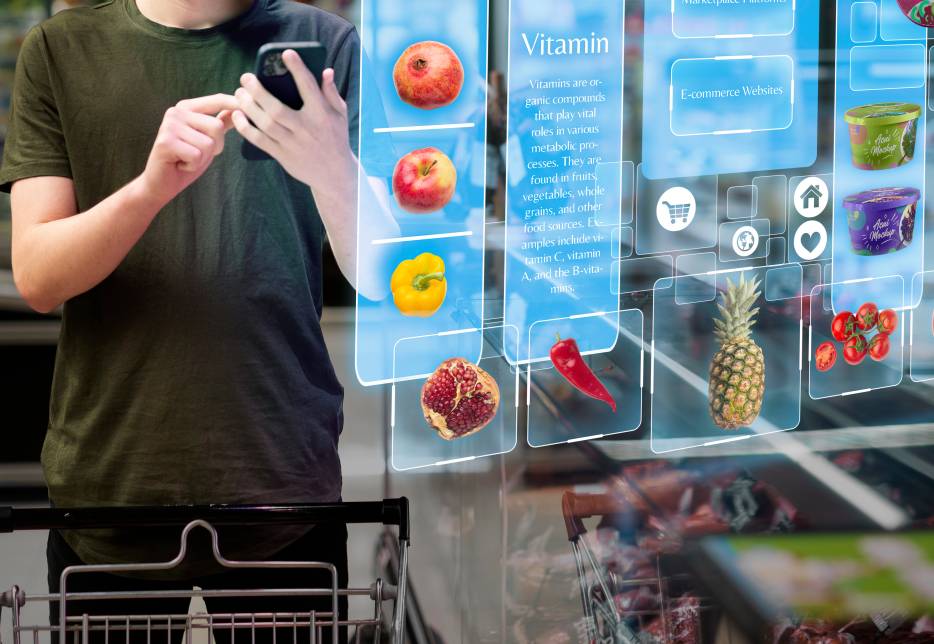
Technical Support
1. Smart Shelves and Inventory Management: Real-time inventory tracking using RFID tags and sensors enables automatic replenishment and efficient inventory management.
2. Self-Checkout Kiosks: Customers can use self-checkout kiosks to complete their purchases by scanning product barcodes or RFID tags, selecting payment methods, and then finalizing transactions.
3. Mobile Applications: Supermarkets are equipped with corresponding mobile applications, allowing customers to browse products, create shopping lists, scan product barcodes, and make payments within the app.
4. Digital Payment Systems: Support for various payment methods including NFC, mobile wallets, credit cards, and QR codes allows customers to choose the most convenient payment method to complete transactions.
5. Robot Assistance: Robot technology can assist with tasks such as shelf restocking, store cleaning, and customer support. AI-driven robots enhance operational efficiency and optimize resource allocation.
6. Security and Loss Prevention: Surveillance cameras and anti-theft sensors monitor store conditions to prevent unauthorized activities. AI-driven analytics can identify suspicious behavior and trigger immediate responses to reduce potential risks.
Advantages
- Efficiency: Elimination of waiting in line allows customers to quickly self-serve and checkout independently, improving shopping efficiency.
- Innovative Technology: Automation of processes such as product registration and transaction completion using advanced technology enhances operational efficiency.
- Convenience: Customers can purchase desired items at any time without interacting with store staff, offering flexible shopping hours.
- Sustainability: Contribution to sustainable development through reduced food waste, alignment with environmental conservation goals, and promotion of discount strategies.
- Enhanced Convenience: Frictionless shopping experience with minimal waiting time, allowing customers to enjoy self-service functionalities.
- Increased Efficiency: Streamlined processes through automation reduce labor costs and enhance overall profitability.
- Enhanced Security: Advanced security measures and monitoring systems reduce the risk of theft and fraud.
- Personalized Engagement: Mobile applications and AI-driven recommendations personalize the shopping process, increasing customer loyalty.
- 24/7 Accessibility: Unmanned supermarkets operate round the clock, catering to customers' needs at different times.
Disadvantages
While unmanned self-service supermarkets offer numerous advantages, they also present some challenges:
Technical Challenges: Challenges related to the reliability and maintenance of technology required for autonomous operations may lead to operational interruptions and increased costs.
Security Issues: Ensuring the security of unmanned self-service supermarkets to prevent theft and vandalism poses a significant challenge, requiring robust security measures to prevent losses.
Customer Assistance: Lack of staff in unmanned self-service supermarkets may pose challenges for customers needing assistance or encountering issues during the shopping process, potentially leading to dissatisfaction.
Overall, unmanned self-service supermarkets have clear advantages in improving shopping efficiency, convenience, and security. However, they also need to overcome some technological and operational challenges to better meet consumer demands.
Successful Cases
Unmanned self-service supermarkets have achieved success in countries like Sweden. In rural areas of Sweden, such as Våckholm, mobile container-based unmanned supermarkets have emerged to address the issue of traditional grocery store closures, providing convenience to residents who have to travel long distances to purchase food. These unmanned supermarkets operate 24 hours a day, allowing customers to scan items and make payments using smartphone applications, enabling independent shopping. Swedish startup Lifvs has been at the forefront of this trend, opening multiple unmanned stores in rural and urban areas nationwide. This concept has been well-received, not only offering convenient shopping experiences but also serving as gathering places for locals. The success of unmanned supermarkets in Sweden has prompted plans for international expansion.

Future Outlook
With ongoing technological advancements and evolving consumer demands, unmanned self-service supermarkets have broader prospects for development. They can not only meet the growing shopping needs of people but also enhance the efficiency and competitiveness of the retail industry. In the future, we can expect unmanned self-service supermarkets to be more widely used and promoted globally.
In 24/7 self-service unmanned supermarkets, barcode scanners play a crucial role in facilitating efficient checkout processes and enhancing customer experiences. Here's how barcode scanners function in such environments:
Real-time Self-service Barcode Scanning: Customers can place product barcodes in the scanning area, where they are read and automatically added to the digital shopping list. This real-time self-service barcode scanning improves the speed and accuracy of the shopping experience.
Reduction of Manual Tasks: Barcode scanners are responsible for tasks such as product pricing and inventory management, reducing the need for manual input by cashiers. This automation helps simplify operational processes and reduce errors during checkout.
Security and Theft Prevention: By ensuring that all products are scanned and recorded in the checkout list, barcode scanners help improve the security of unmanned supermarkets, reducing the risk of theft and losses.
Future Innovations: As advanced technologies such as computer vision and artificial intelligence systems are integrated into self-service checkout solutions, the role of barcode scanners is evolving. For example, some systems now use image recognition cameras and weight sensors to further automate the scanning process, enhancing the convenience and efficiency of the customer experience.
Barcode scanners are an indispensable technological component in 24/7 self-service unmanned supermarkets, facilitating fast and accurate transaction processes, and enhancing operational efficiency and customer satisfaction. As technology continues to advance, their role will continue to evolve in improving the shopping experience in modern retail environments.
Why Choose Our Barcode Scanners?
Our barcode scanners are carefully designed to meet the unique needs of unmanned supermarkets, offering unparalleled reliability, speed, and compatibility. Here are reasons to choose our barcode scanners:
Outstanding Performance: Our scanners boast exceptional scanning accuracy and efficiency, ensuring smooth operations and customer satisfaction.
Robust Durability: Designed specifically to withstand the rigors of high-volume retail environments, our scanners offer long-lasting performance and durability.
Seamless Integration: Our scanners are compatible with various POS systems and software platforms, seamlessly integrating into existing infrastructure for hassle-free implementation.
User-Friendly Design: Intuitive interfaces and ergonomic designs make our scanners easy for both customers and staff to use, enhancing overall efficiency and productivity.
Value Proposition: Our barcode scanners offer competitive pricing and reliable performance, providing excellent value for retailers seeking to optimize operations and enhance customer shopping experiences.
Ideal Choice for Unmanned Supermarkets:
Our range of barcode scanners includes handheld devices for customer use at self-checkout stations, as well as fixed-mount scanners for automated inventory management and restocking systems. With features such as omnidirectional scanning, wireless connectivity options, and support for various barcode symbologies, our scanners perfectly meet the unique requirements of unmanned supermarkets.
Conclusion
Unmanned self-service supermarkets represent a significant shift in the retail industry towards automation and efficiency. By leveraging advanced technology and innovative design, unmanned self-service supermarkets provide customers with convenient and efficient shopping experiences while offering retailers a more efficient operating model. Despite challenges, the future outlook for unmanned self-service supermarkets remains promising as technology advances and consumer demands evolve. We look forward to collaborating with retailers to create a new future for the retail industry.
CONTACT US
CONTACT US
CONTACT US

are completed before submitting your inquiry.

We will respond within 24 hours.

